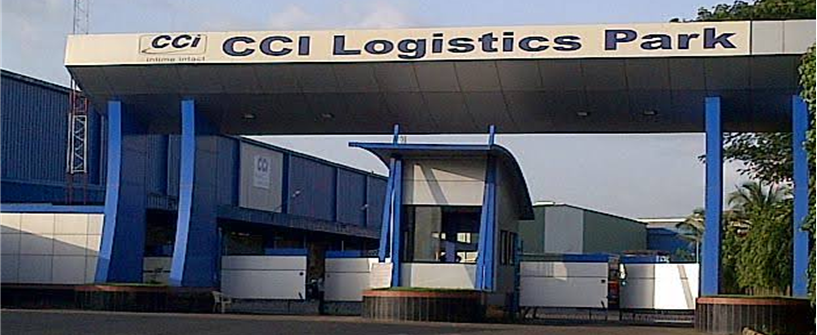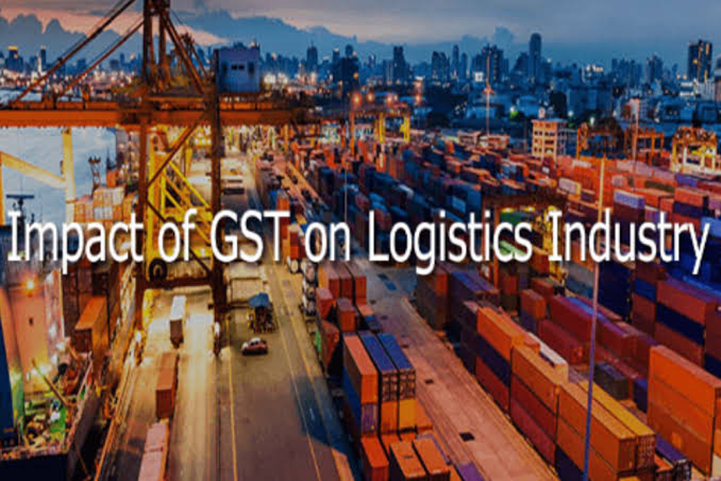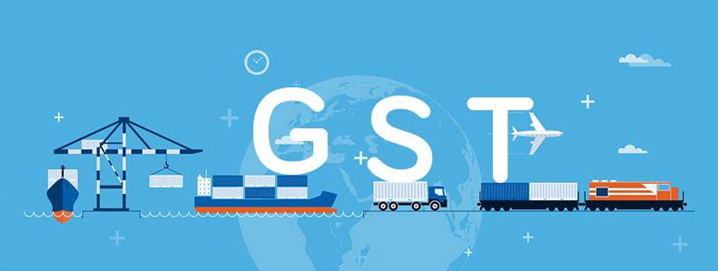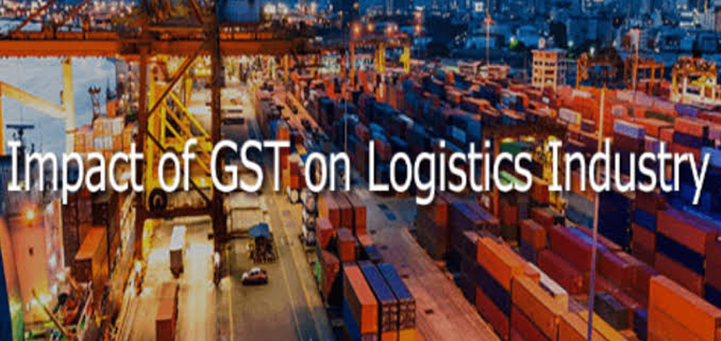10
May
2022
Changes in the logistics industry, its processes and other regulations and acts
By, ccilogistics Courier Cargo, Taxation, Trucking Cargo Comments: no comments
Logistics industry
In terms of purchasing power parity, India is the world’s third-largest economy, and it is expected to develop at one of the fastest rates in the next decade. Following globalization and digitalization, the logistics industry is seen as one of the industries that can help India expand its international trade.

In India, the logistics and freight industry are rapidly developing since they provide quick, efficient, and cost-effective transportation of commodities. In India’s logistics industry, advanced and innovative technology has enhanced efficiency.
With the advancement of technology, the logistics industry is currently undergoing a transformative change.
CCI Logistics is also making strides in this direction. As the world faces a pandemic, its effects are felt all around the globe. The logistics industry has also changed, as the sector continues to expand and flourish this year, with different trends emerging. Similarly, CCILogistics is emerging in new directions.

GST and Logistics
The Goods and Services Tax Act of 2017 was one of the most significant economic reforms. It has removed a variety of indirect taxes and enabled businesses to reorganize supply networks by allowing the logistics industry to expand its reach to new areas. Its goal is to reduce overall costs while improving the flow of logistics services.

The road transport segments of CCI Logistics include struggling agencies, warehousing and storage management, and third-party logistics. The operational efficiency of this industry has been declining due to the complexity of networks and infrastructure, rising operational costs throughout supply chains, and the imposition of entry fees in several states. The GST has an impact on the logistics industry in several ways-
Easy and quick clearance process:- GST implementation at several interstate locations simplifies the time-consuming clearance processes and complicated paperwork. According to a World Bank report, this structure cut travel time and logistics costs by 30-40%.
A single tax rate under GST:- This law will assist trucking and logistics companies in avoiding the practice of holding products in different states’ warehouses in order to comply with each state’s distinctive tax code.

Reducing corruption in logistic processes:- GST eliminates the shadow economy, local booking agents’ dominance, and cross-border corruption by giving a greater scope for impartial transportation, which is beneficial to enterprises, consumers, and states.
GST is India’s greatest and most important change since the economy was deregulated in 1991. GST will consolidate a slew of indirect taxes levied by multiple levels of government, resulting in a unified market that will help to reduce tax incidence on organized manufacturing, broaden the tax base, and increase ease of doing business. GST is expected to generate additional revenue of 1% to 2% of GDP.
E-Way Bills and Logistics
The E-Way bill is a mandatory document for the movement of goods. If the value of the transport items exceeds Rs. 50,000, any party registered with the GST council must generate an E-Way bill.
The e-way bill has several advantages, including more transparency, increased efficiency, and improved tracking.
Advantages of e-way bill for the logistic industry:
Ease of use:-The e-way bill is designed to be simple to use. It can also be generated and terminated via text message using the Android app and API. The seller, recipient, and carrier all have access to the e-way bill number, which is unique.
Digital Transformation:-The logistics industry in India continues to rely on antiquated procedures that obstruct genuine trade. With government assistance, the adoption of automated systems allows the industry to begin its journey toward implementing technology to assist in its operations.
The logistics business is progressively moving towards integrating tech-driven interventions across operations to eliminate any and all redundancies, thanks to the rise of IoT and other technologies.
Ease of Doing Business:- In terms of paperwork, the e-way law completely eliminates the rigidity of state borders. This simplifies doing business across the state and is certain to increase commercial activity.
Since the transportation/logistics industry facilitates all of this movement, companies in this sector may expect increased demand and revenues.
Companies will be able to spend less time on paperwork and more time on implementing their services as a result of the time and cost savings. In the long run, this could help India climb the Ease of Doing Business rankings.
The e-way bill has a lot of potential for logistics and tax filing businesses. The numbers back up this assertion. Many tax filing platforms are said to be producing 100,000 e-Way bills every day.
Despite the fact that numerous app-based platforms claim 1,10,000 registrations for their filing services, the company claims 1,10,000 registrations. And these start-ups anticipate a significant boost in the coming days.
If you would like to know more about us and our Logistics Services, feel free to Contact Us.






































































































